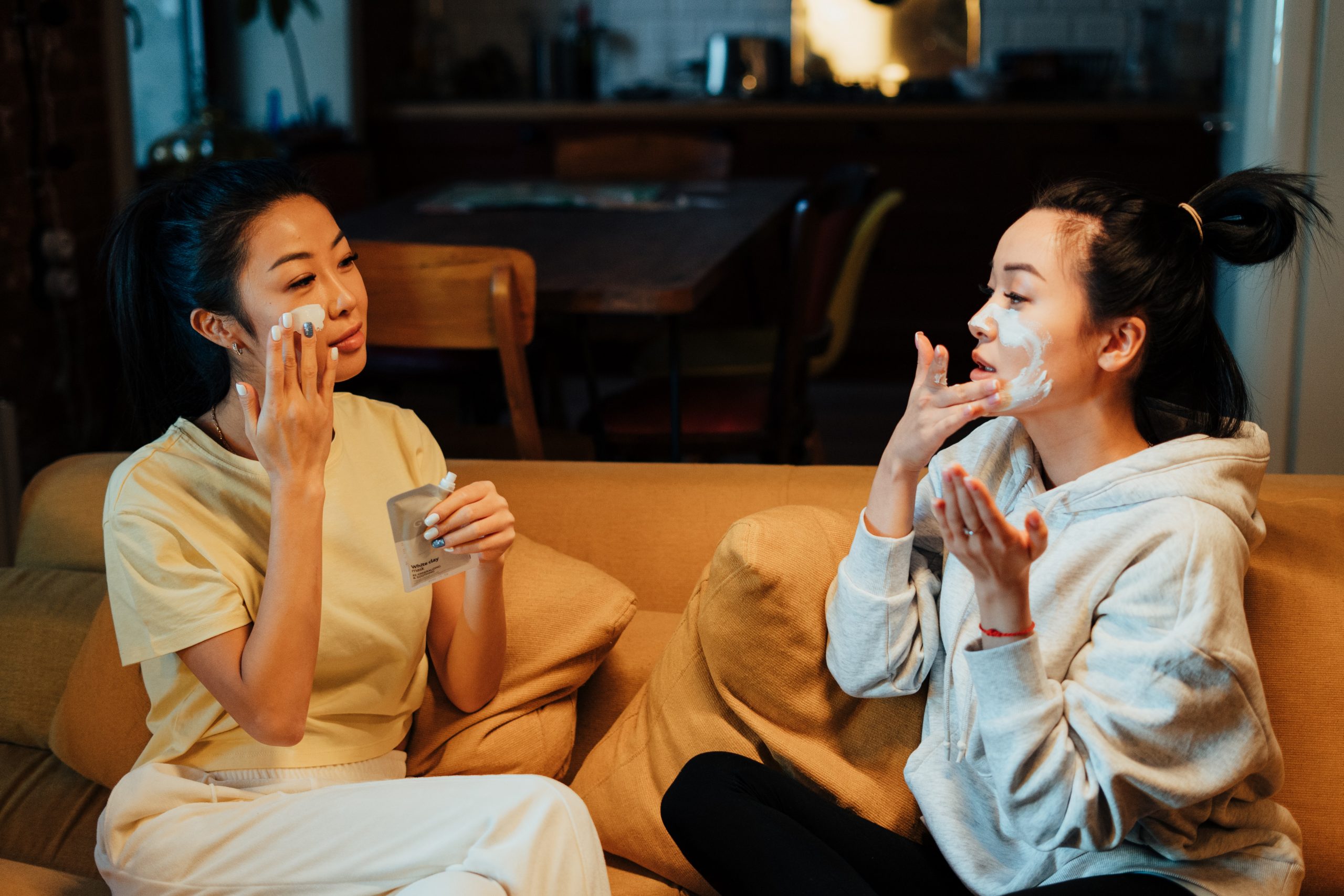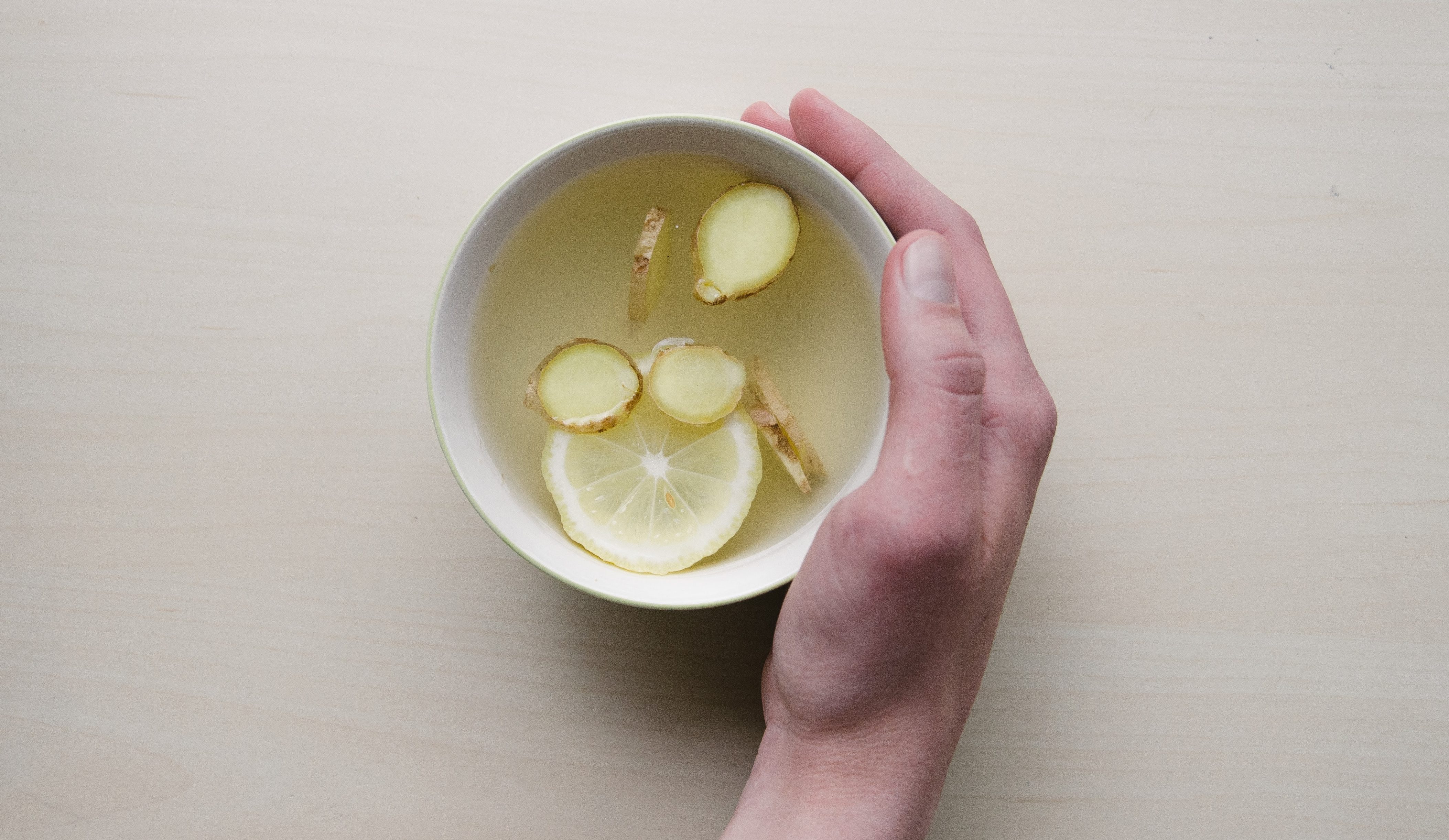We’ve been living through unexpectedly turbulent times since the start of last year. And while many of us are seeing the light at the end of the tunnel, the stress on our psyche can linger.
As we coped with new stressors and responsibilities both personally and professionally, some of us have picked up unhealthy habits and many of us have forgotten to reflect on our own well-being, like putting a mirror up to our whole being, to see how we’re doing.
July 24 is International Self-Care Day and an opportunity to pause and remind ourselves about the importance of physical, psychological and spiritual wellness.
What is Self-Care?
The World Health Organization defines self-care as “the ability of individuals, families and communities to promote health, prevent disease, maintain health, and to cope with illness and disability with or without the support of a healthcare provider.” Additionally, the International Self-Care Foundation highlights seven pillars covered by the definition.
These include:
- Health Literacy — such as understanding basic health information
- Mental Wellbeing
- Physical activity
- Healthy eating
- Risk avoidance and mitigation: eg. limiting alcohol use
- Good hygiene
- Rational use of products, services, diagnostics and medicines
5 Ways to Practice Self-Care
With some of those pillars in mind, here are five simple steps according to Canada’s Centre for Addiction and Mental Health to help get you started thinking and practicing self-care regularly in your life.
Eat Well
Don’t skip meals. Take time for breakfast, lunch and dinner. Include healthy choices by eating more fruits and vegetables and avoiding greasy snacks that disrupt your sleep and have a negative impact on your mood. Drink plenty of water. For those of us working from home, the kitchen is so close that too many of us have been snacking more. Creating a weekly meal plan and sticking with it will help you make healthy food choices from throughout the day.
Move your body
In addition to eating more, we’re moving less and that means fewer small opportunities to burn off those calories we’re consuming like taking a walk to grab a coffee down the street. There are two ways to approach moving. Plan regular time in your week for a vigorous workout. This basically means an activity that will elevate your heart rate for at least 30 minutes every day. This can be a brisk walk, a jog, bike ride, a boot camp class, or follow a fitness video on YouTube. Also squeeze in little breaks throughout the day — try to plan one every 90 minutes or so — to stand up from your desk, stretch your muscles and walk around, even a short walk around the block or up and down the stairs in your house or apartment building. It will help eliminate muscle aches and help kit you fit.
Get quality sleep
While the quantity of sleep differs for everyone, the general baseline is around 7 hours. It goes up or down from there based on your age and level of health. But equally important to the number of hours is the quality of your sleep. Good sleep hygiene will do wonders for that. Try to go to bed and wake up at the same time every day. If you have trouble falling asleep easily, create a little routine. Avoid looking at your phone or other electronic devices before bed to give your brain a break, or at a minimum put on the evening filter. Avoid eating at least two hours before bedtime. Alcohol and other substances can affect your ability to reach the deep restorative sleep you need. This not only leaves you waking tired, it also impacts fitness and your body’s ability to burn calories overall.
Read also: 6 Natural Tips for a Better Night of Sleep
Pay attention to yourself
So many employees working from home during the pandemic have spoken out about the challenges of achieving a work-life balance. It’s important to be able to shut down your professional responsibilities at some point after the work day to allow your mind to rest and process information from the day. Participate in activities you enjoy that aren’t work related so you can use a different part of your brain as well a relax.
To achieve this, create and follow a schedule — a time you start working in the morning and a time you shut it down for the day.
More broadly, identify the things in your life that help with your mental and physical health, and those that don’t. Include those in your schedule that will help you and eliminate those which hold you back.
Create and find social opportunities
No, this isn’t giving you license to scroll through Instagram. Rather, it’s about finding real opportunities for social connection. If the pandemic has taught us anything, it’s that we’ve become quite innovative at it. Some of us have reconnected with old friends in new ways we would never have considered before. If you aren’t able to meet in person, for instance, have a virtual dinner party.
But most important, find people in your social network who offer positive relationships. These could be family members, friends, mentors and others that support you. Talk to them. Share what’s on your mind, especially if you are finding things challenging.












